My kid just blew through 1.7 GB of cellular data in one day! Just a day earlier, I had renewed the prepaid mobile data plan, which was supposed to last a full month. But it didn't. All this could have been avoided if we knew the answer to this question: When do I want to turn mobile cellular data on or off?
For data plans with limits, turn off mobile data when using WiFi to save on usage. Leave it on if you are frequently on the go and need to use data continuously. This allows your smartphone to switch between WiFi and cellular data ensuring you always have an internet connection.
That's quite a simplified answer. Let's match your situation and usage to help you decide whether to leave mobile data on or turn it off. But first, let's define mobile data.

What Is Mobile Cellular Data?
Mobile data is an internet connection purchased from a cellular service provider. It's a metered amount of network traffic sent through the same cellular network as voice calls.
A smartphone will switch to mobile data when not in the range of a reliable WiFi network signal.
Leave Mobile Cellular Data On or Turn It Off
Let's discover when it makes sense to leave mobile data on and when it's better to switch off cellular data.
What does it mean to have mobile data switched on?
Having mobile data on means that a smartphone or tablet is set to use a cellular data network when the device is not within range of a stable Wi-Fi connection. The mobile device will continuously test Wi-Fi and switch when the signal is weak or dropped.
We usually keep this setting on. My son was home and within range of our Wi-Fi coverage. Yet his phone used the cellular connection during his lengthy YouTube binging. Uggg. 😩
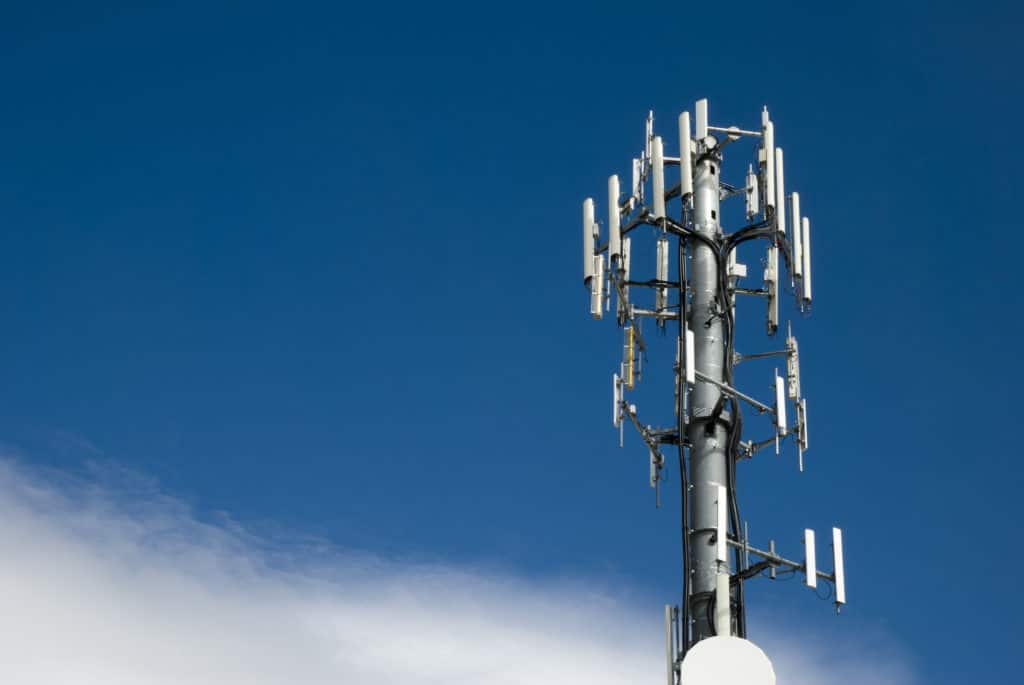
Should you leave mobile data on all the time?
Users that frequently move in and out of Wi-Fi coverage during the day should leave mobile data enabled. Subscribers to unlimited cellular data plans can keep mobile data on all the time.
Another scenario: For privacy and security, you should not connect to public Wi-Fi. Only trust Wi-Fi at home, school, or work. Leaving your smartphone's mobile data on while turning off Wi-Fi allows your device access to the internet while ensuring it doesn't inadvertently jump onto an insecure or untrusted network.
Should you turn mobile data off when using Wi-Fi?
Smartphone or tablet users should turn off mobile data when the device is expected to remain within range of Wi-Fi access point. Also consider turning off your cellular data if your Wi-Fi coverage has dead spots, when cellular service is weak, or you use a prepaid mobile plan with data caps or limits.
My son's usage fits better with the above situation. He's started turning off his phone's mobile data when at home. He'll have to remember to turn it back on. 😩
Smartphones do a few unexpected things while you're not looking.
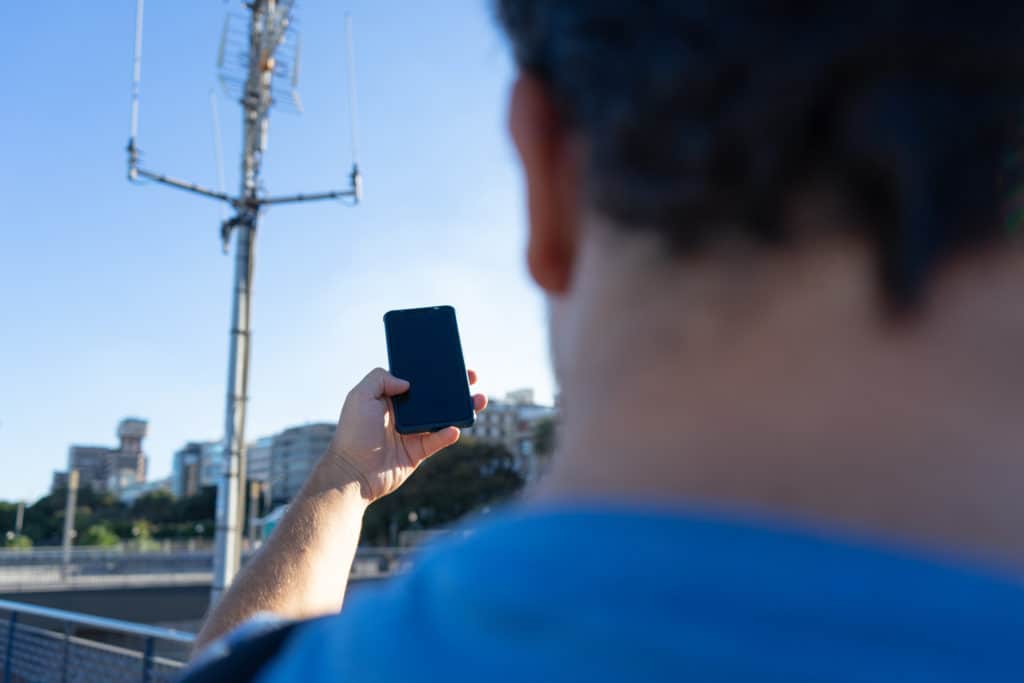
They test the Wi-Fi connection regularly. If the signal strength drops below a given threshold, it will switch to using mobile data to maintain internet connectivity.
Smartphone apps only sometimes care about the available type of internet connection. It's up to app developers to throttle back internet use when the device uses cellular data.
Manually turning off the mobile data prevents this accidental switch to the more expensive and metered connection. High-bandwidth tasks can quickly consume your mobile data plan. Be careful.
Update: As I write this article, I see that his phone just ate another 2 GB of mobile data. He's actively using the Chrome web browser while not on a Wi-Fi connection.
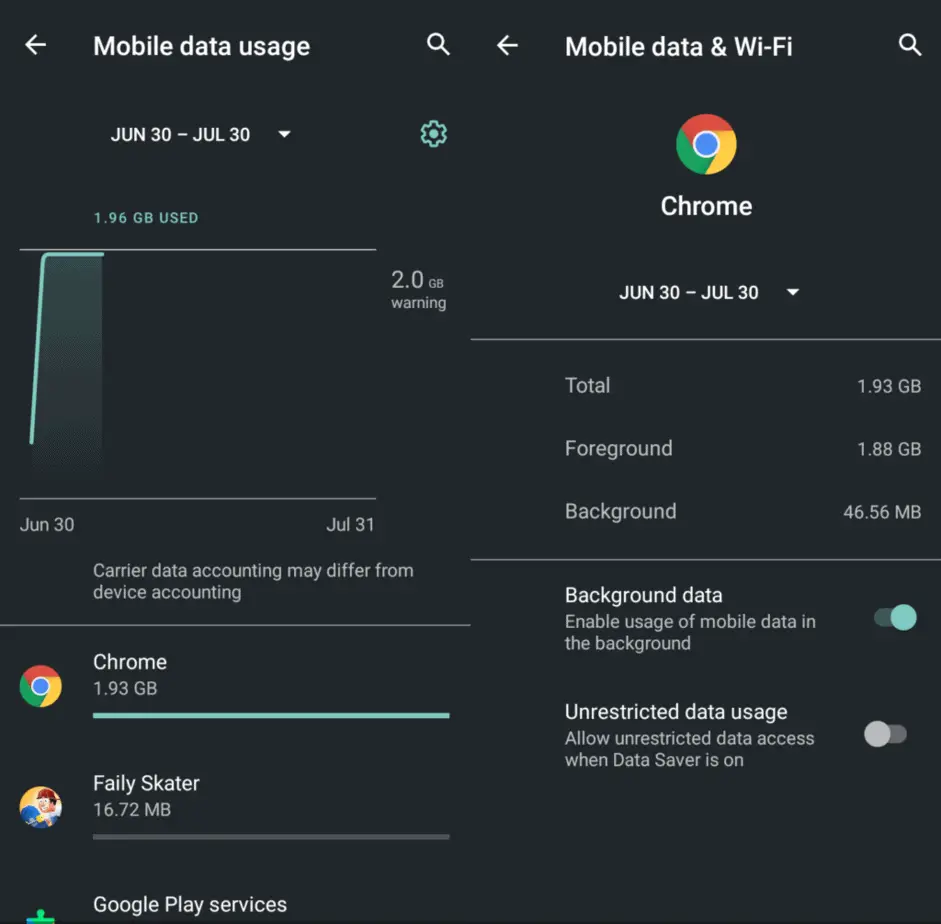
In the above screenshot, foreground data is data consumed while the user is actively using an app. Background data refers to internet traffic transmitted when an app is not on-screen but still running in memory.
On Android, you can see which apps are using the most mobile data via:
Settings,
Network & internet,
Mobile network,
App data usage.
Why Your Phone Uses Up Mobile Data Fast
Why is my phone using so much data?
Smartphones with a lot of installed apps slowly drain data in the background. Real-time gaming is another data consumer. But music and video streaming, along with video calls, consume the most mobile data. Do these high-bandwidth tasks on a stable Wi-Fi connection.
Reason
Your smartphone and the installed apps are designed to give you the best online experience prioritizing a fast internet connection over data conservation. Both Android and iOS notify apps of a switch to a metered and expensive connection happened, but it's up to the app developers to slow down internet use.
Tips
Uninstalled apps that you've not used in a while.
Ensure your Wi-Fi signal strength is strong before streaming or video chatting.
Turn off mobile data to ensure you only use Wi-Fi
Why am I being charged for data when using Wi-Fi?
Mobile data subscribers might be charged for data when a smart device considers the Wi-Fi signal to be weak. Smartphones and tablets are quick to switch to mobile data and slow to switch back to a Wi-Fi connection. Mobile service providers accurately account and charge for using the cellular data.
Reason
Keeping your smartphone on Wi-Fi is the key to not using up your mobile data allotment. Once consumed, you'll start racking up overages or have to recharge/top-up with more mobile data.
Tips
Move your current Wi-Fi router to the house's central upper level.
Upgrade your router to a higher-quality, multi-band device or
Purchase a mesh Wi-Fi system with several access points that work together to remove any weak or dead spots in coverage.
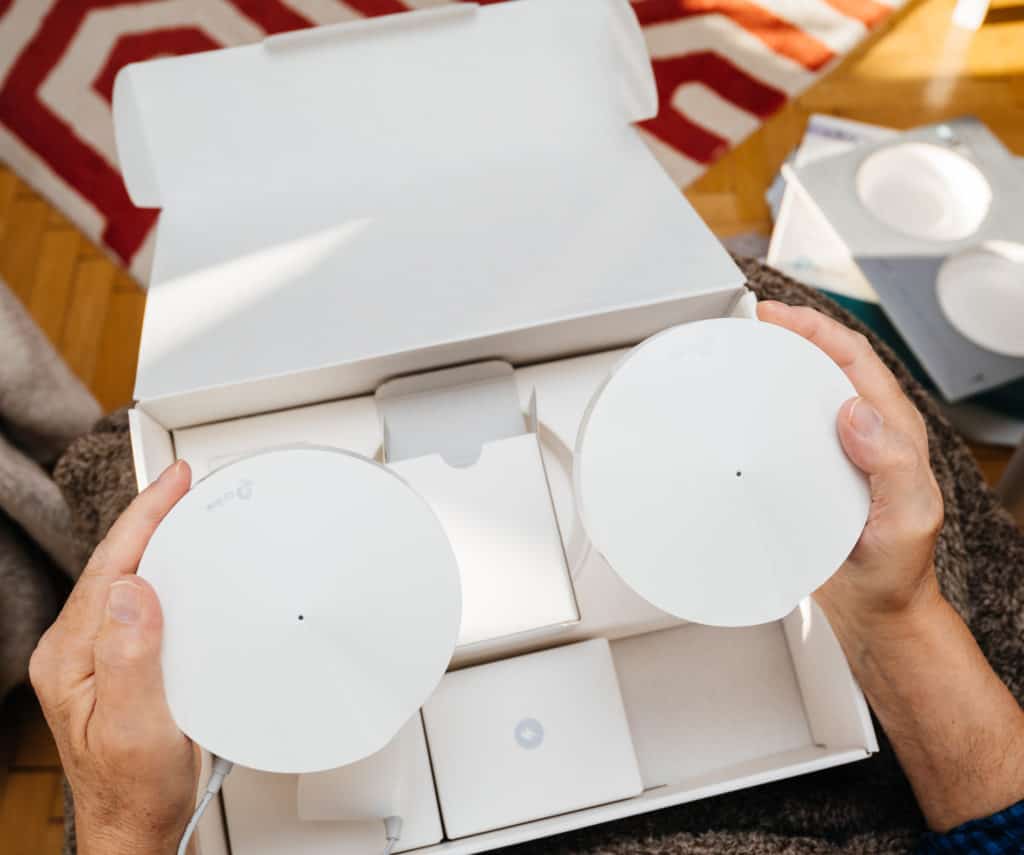
Do you pay for cellular data?
Cellular data is a separate cost that subscribers pay in addition to voice service. Since voice and data travel through the same cell towers, and with data accounting for a more significant portion of the traffic, mobile service providers have separate pricing.
Reason
When text messaging became more popular than standard cellular calls, mobile service providers began charging separate pricing for texts. Mobile data is now more popular than cellular calling or text messages. Across a mobile data plan, subscribers can call, text, and have the flexibility to accomplish more. Naturally, cellular carriers shifted pricing to follow consumer demand by separate prices for mobile data.
Tips
Review your mobile data usage on your bill and adjust your selected package
Use prepaid mobile data and top-up or recharge manually as a way to improve your habits
Switch mobile data on and off manually to ensure you pay only for what you use
Does having mobile data on cost money?
Keeping your smartphone's mobile data on does not cost money as long as you're using a reliable Wi-Fi connection with good coverage. Leaving mobile data on only costs more if Wi-Fi is weak or unreliable.
Reason
As we mentioned earlier, your smartphone is designed to give you and your apps the best online experience, even at the expense of switching a metered and costly internet connection.
Tip
How do I stop my phone from using so much mobile data?
Go to Settings > Network & internet.
Tap Wi-Fi and scroll below your list of networks.
Tap Wi-Fi preferences.
Use Turn on Wi-Fi automatically to speed up the switch off expensive mobile data.
Use Open network notification to get notifications that an open access point is available.
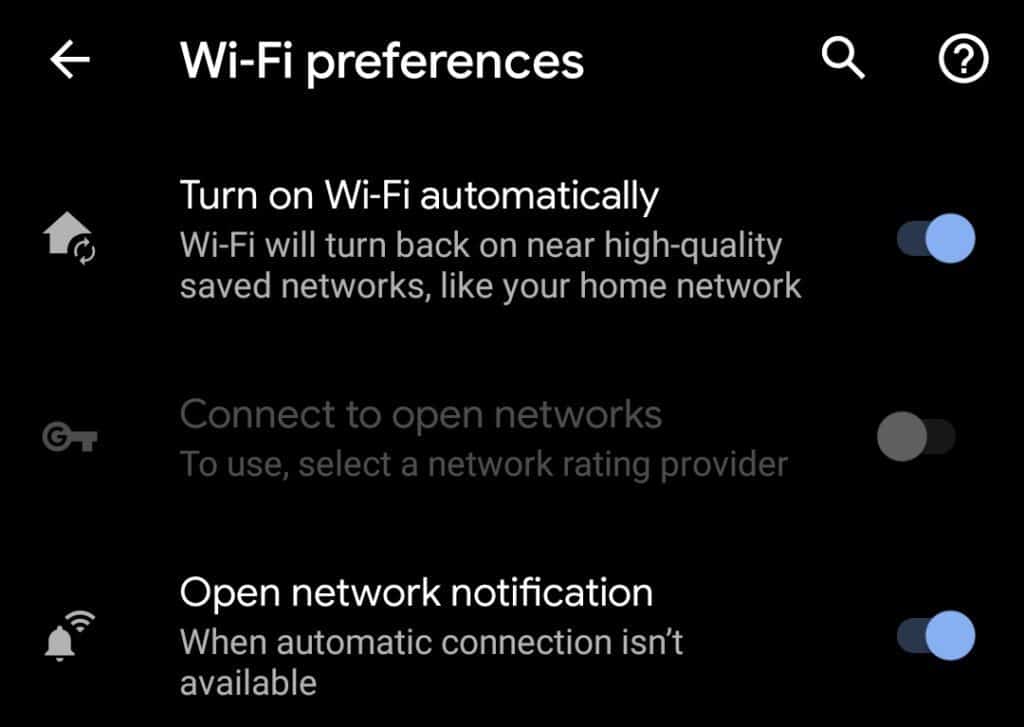
Notes
🔋 Continuous scans for known or open Wi-Fi access drains your battery.
⚠️ Only connect to open public Wi-Fi using a VPN to protect your phone and data; otherwise, stay on mobile data.
Advanced Tip
Android and iOS keep mobile data on to help speed up the switch from Wi-Fi to cellular data. Real-time tasks like video calls experience less interruption when both connections are active and on.
App developers often need to simulate real-world situations while testing.
Android has hidden settings that give developers extra control over how the smartphone operates.
In 2018, Addictive Tips showed us that we can experiment with the developer setting called Mobile data always active. When disabled, your device will turn off its checks of mobile data connectivity conserving battery and relying more heavily on Wi-Fi.
Turn on Developer options
a. Go to Settings
b. Scroll down to About phone
c. Find Build number and tap this option seven timesReturn to the primary Settings menu.
Search for Developer options.
Go into the options and scroll to Mobile data always active.
Turn the toggle switch to off/disabled.
The iOS equivalent option is called Wi-Fi Assist. It's not as buried in the settings as Android's is. Review Apple's Wi-Fi Assist support page for more details.